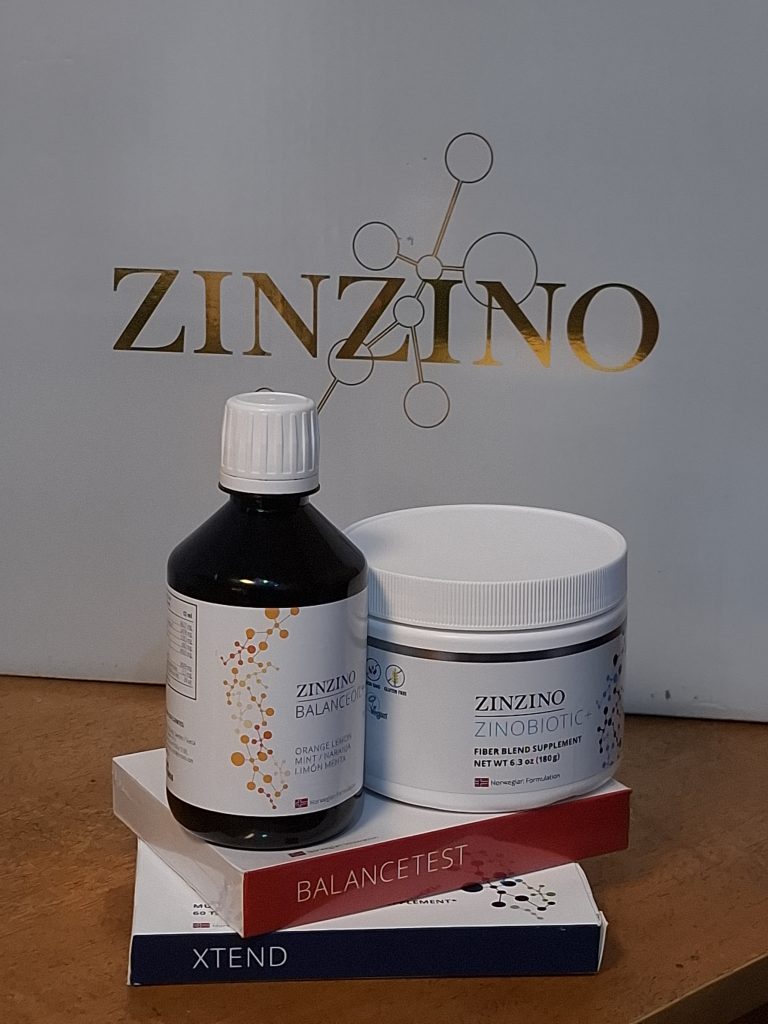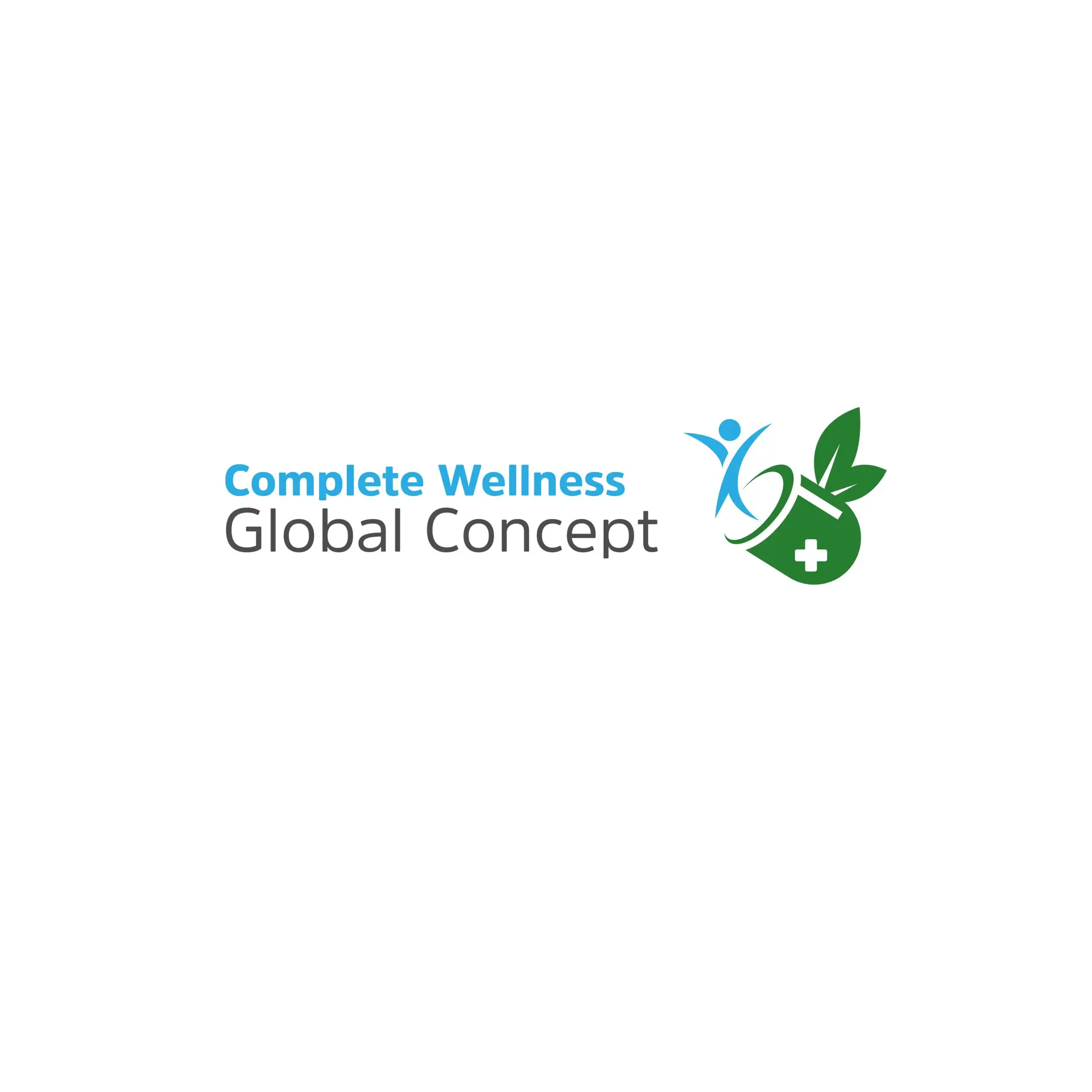
In many parts of the world, including Nigeria, children with special needs, particularly those with autism spectrum disorder (ASD), continue to face significant societal stigma. Despite progress in global awareness, many Nigerian families still struggle with acceptance, understanding, and support. It is time to stop the stigma.
Understanding the Stigma
Stigma around neurodevelopmental conditions like autism stems largely from misinformation, fear, and cultural beliefs. In Nigeria, some view autism through the lens of superstition, spiritual affliction, or poor parenting. This creates a breeding ground for shame, denial, and isolation. As a result, many parents are reluctant to seek help, disclose their child’s condition, or even speak about it publicly.
Children with autism or other developmental conditions are hidden away. Their behaviours are misunderstood—sometimes labelled as stubbornness or disobedience—and parents are left to cope alone, battling societal pressure and internal guilt.
Even in schools, inclusion is rare. Educators are not properly trained, and many children are denied access to learning environments that can help them thrive. This deeply impacts their confidence, potential, and long-term quality of life.
The Impact of Stigma
Stigma doesn’t just affect the child—it affects entire families. Parents often experience discrimination, exclusion, and social judgement. Children may be denied access to education, social interaction, and even healthcare. Instead of receiving the support they deserve, they are left to navigate a world that often misunderstands or ignores their needs.
In communities where awareness is low, children with autism are often hidden from public view. Some are denied the right to attend school, interact with peers, or express themselves. This isolation can delay development, increase behavioural issues, and worsen the mental health of both child and caregiver.
Stop the Stigma: Why Advocacy Matters
At CompleteWellness Global Concept, we believe that advocacy is key to ending stigma. Advocacy begins with education—replacing myths with facts, and fear with understanding. By raising awareness, we can encourage empathy and inclusion, rather than shame and avoidance.
We are committed to changing how Nigerians view and support children with autism and other neurological conditions. The goal is not only to provide wellness solutions, but also to create safe spaces where families can speak openly, find support, and access the tools they need to thrive.
What We Need to Do Together

1. Speak Up
Silence only fuels stigma. Families, caregivers, and advocates need to speak up about their experiences and challenges. The more we normalise conversations about autism and special needs, the more we dismantle harmful stereotypes.
2. Share Real Stories
Seeing and hearing from real people helps humanise conditions like autism. While we respect the privacy of families, those who are willing to share testimonials, even anonymously, can help others understand and empathise.
3. Create Inclusive Communities
Schools, churches, mosques, and community spaces must become more inclusive. This includes teacher training, awareness programmes, and inclusive recreational activities. Every child deserves to be seen and valued.
4. Support Parents and Caregivers
Caring for a child with special needs is a journey. Parents need access to mental health support, financial assistance, and community care networks. As a society, we must uplift those who dedicate their lives to supporting these children.
5. Educate from the Ground Up
Government policies, school curricula, and healthcare systems need to incorporate inclusive education and awareness about neurodiversity. Early diagnosis and intervention can significantly improve outcomes for children with special needs—but only if awareness and access are prioritised.
The Role of Healthcare and Nutrition

In addition to advocacy, wellness plays a powerful role in supporting children with special needs.
CompleteWellness provides nutritional supplements like Zinzino BalanceOil, Zinobiotics, and Xtend which may support brain function, gut health, and immune regulation—critical elements in the holistic care of children with neurological conditions. When stigma is removed, families are more open to exploring these kinds of wellness interventions that could improve their children’s quality of life.
Join the #StopTheStigma Campaign
We’re inviting everyone—parents, teachers, health workers, influencers, and leaders—to join the #StopTheStigma campaign. Let’s build a world where every child, regardless of ability, is treated with dignity, respect, and compassion.
If you believe in inclusion, support, and love for every child, share the message. Speak out. Support a family. Attend awareness events. Let’s create a Nigeria where no child has to hide because of who they are.
